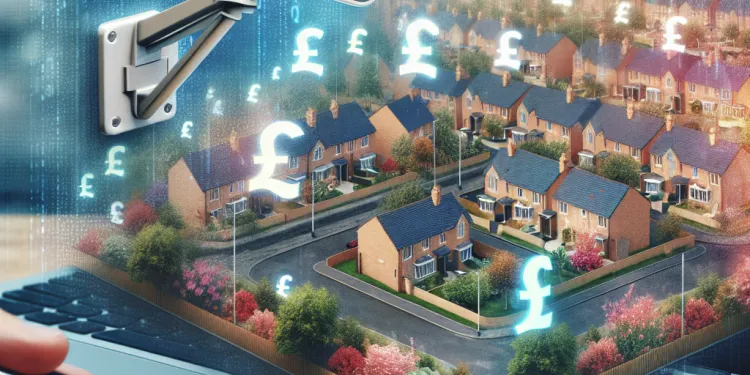
Find Help
More Items From Ergsy search
-
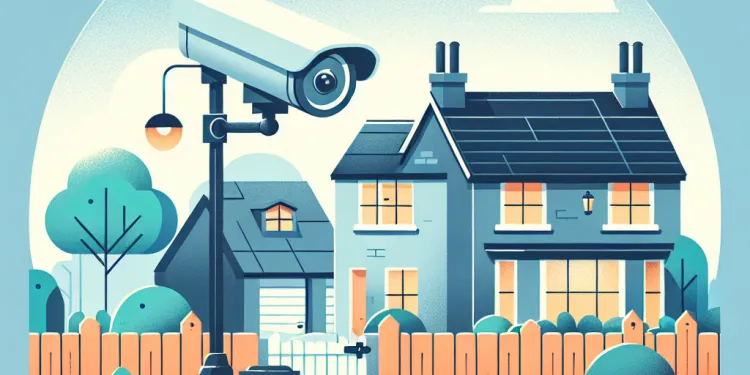
Can my neighbour legally point a security camera at my property?
Relevance: 100%
-
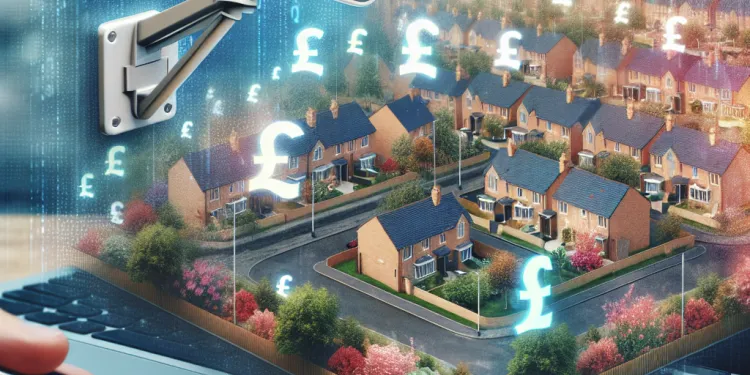
Is it legal for my neighbor to have a security camera facing my property?
Relevance: 100%
-

Is it legal for me to block the view of my neighbour's security camera?
Relevance: 94%
-
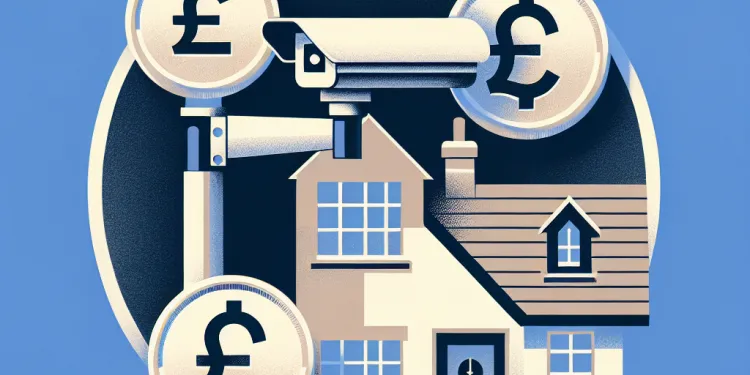
What if my neighbor claims the camera is for security but it points towards my property?
Relevance: 88%
-
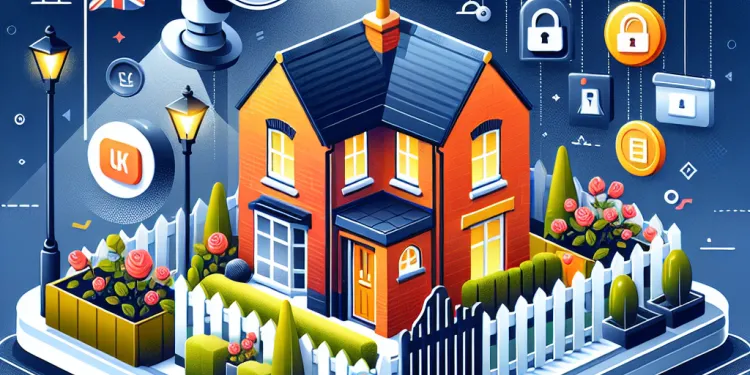
How can I stop my neighbour's security camera pointing at my property?
Relevance: 88%
-

Can I ask my neighbour to reposition their security camera?
Relevance: 84%
-
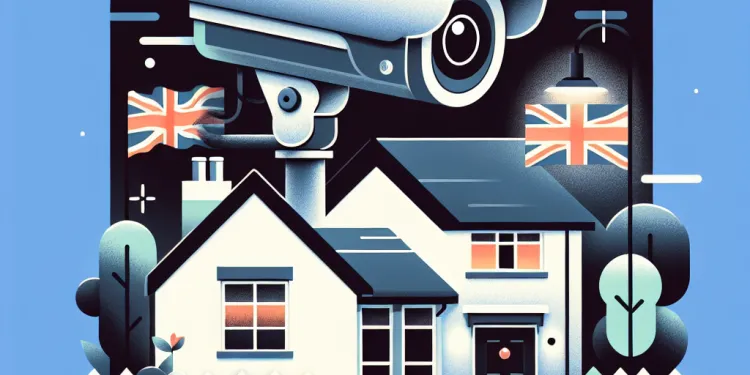
What should I do first if my neighbor's security camera is pointed at my property?
Relevance: 84%
-
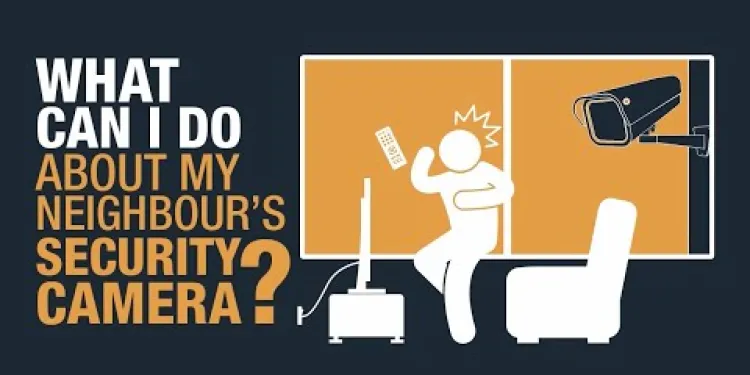
What can I do about my neighbour's security camera?
Relevance: 84%
-

What can I do about my neighbour's security camera?
Relevance: 83%
-
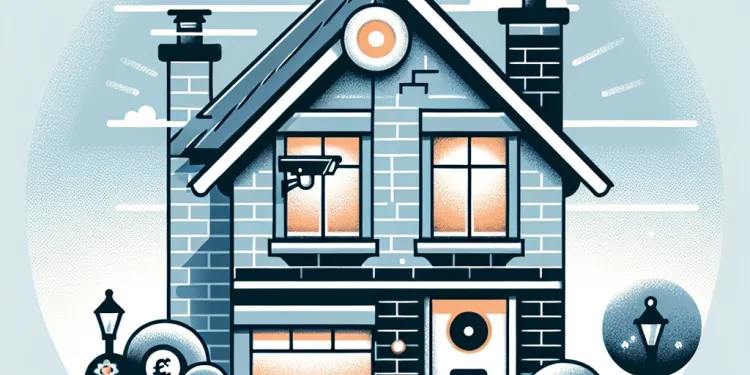
Do neighbours need to inform me if their cameras record my property?
Relevance: 79%
-
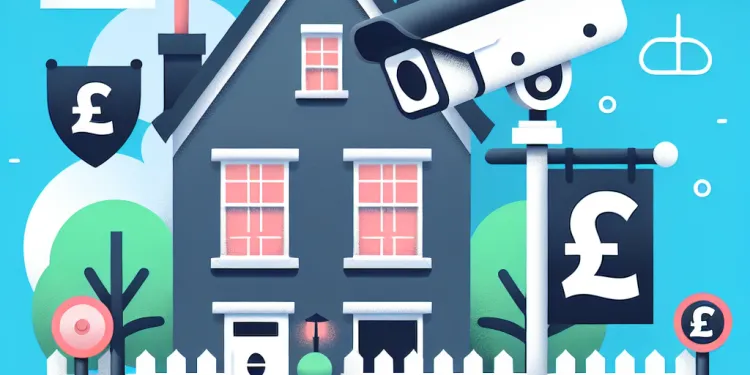
What steps can I take if my neighbour refuses to reposition their security camera?
Relevance: 75%
-
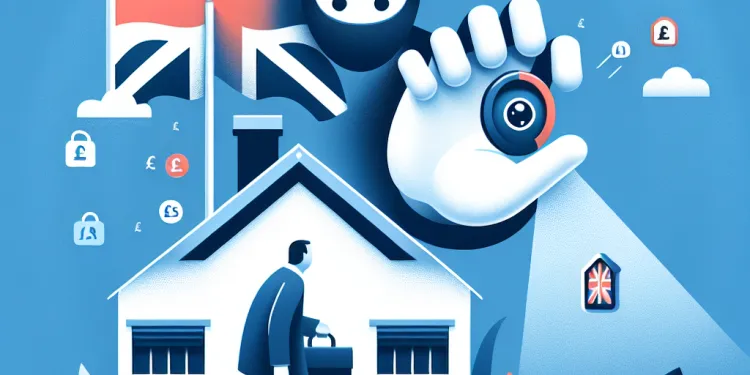
Can I ask for legal help to get my neighbor’s camera moved?
Relevance: 74%
-
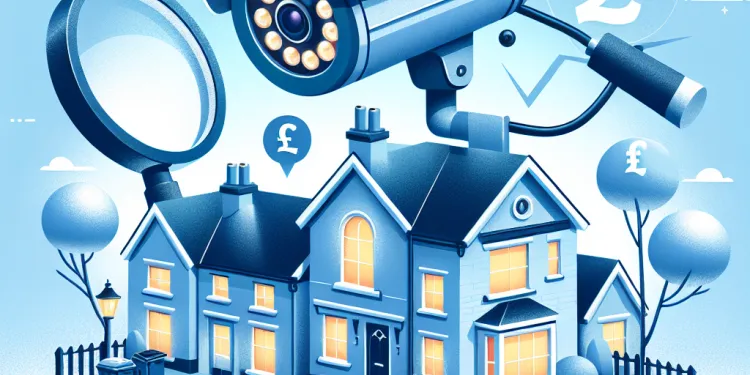
Can my neighbour use footage from their security camera as evidence in disputes?
Relevance: 71%
-

How can I tell if a security camera is pointing at my property?
Relevance: 70%
-
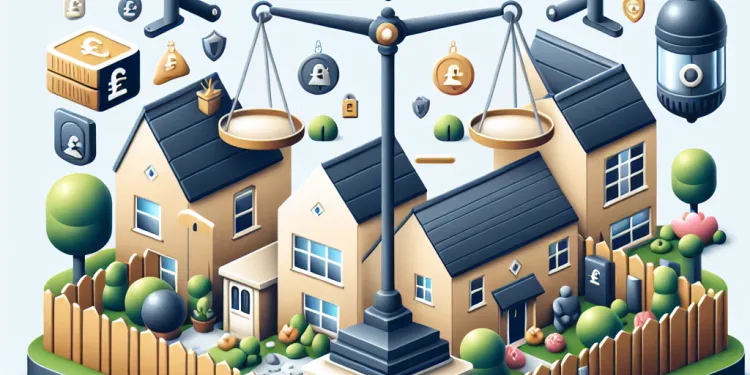
Are there privacy laws that protect me from neighbor's cameras?
Relevance: 68%
-

Can I block the view of my neighbor's camera with physical barriers?
Relevance: 66%
-
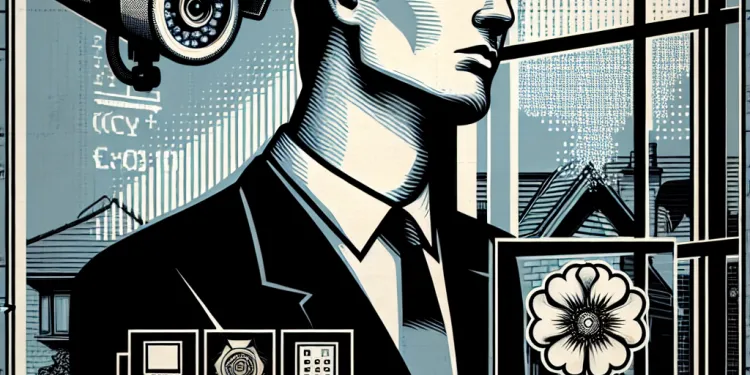
Should I contact the authorities if my neighbor refuses to adjust their camera?
Relevance: 63%
-
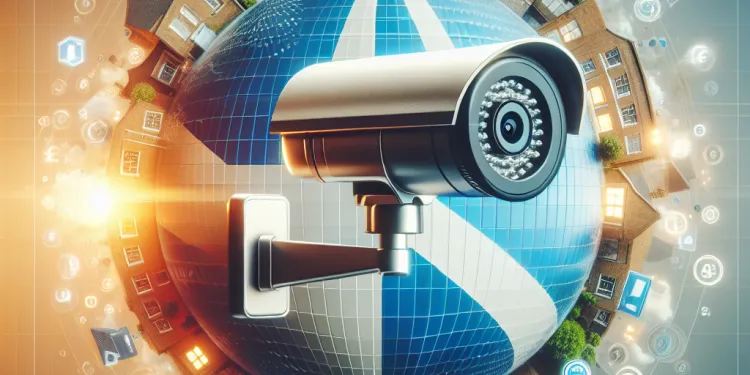
Is redirecting a security camera a solution?
Relevance: 59%
-

How can I disable my neighbour's security camera?
Relevance: 59%
-
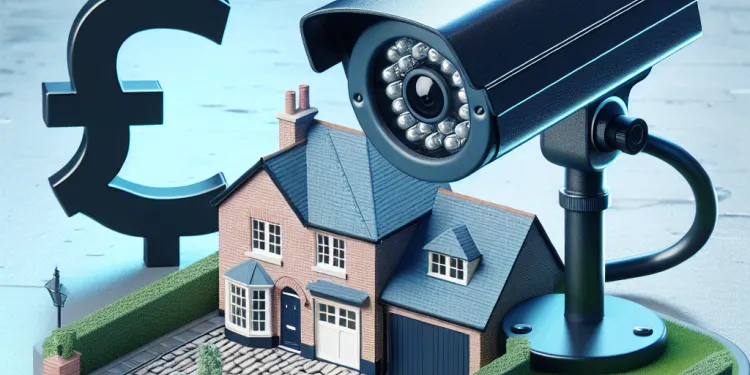
Is my concern valid if the camera is only monitoring my driveway?
Relevance: 57%
-
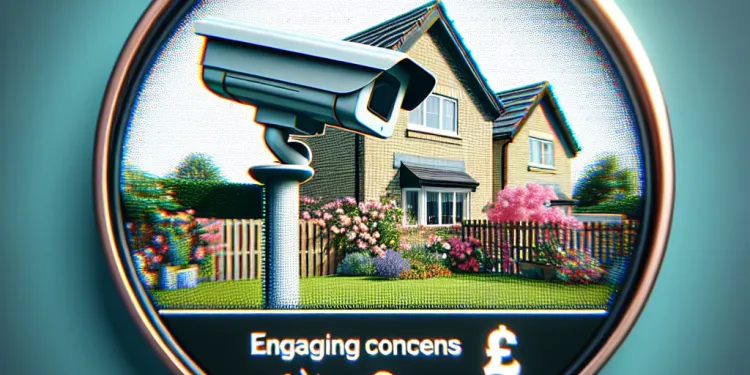
What should I do if I feel my privacy is being invaded by my neighbour's CCTV?
Relevance: 52%
-

What happens if a neighbor builds a fence on my property?
Relevance: 51%
-
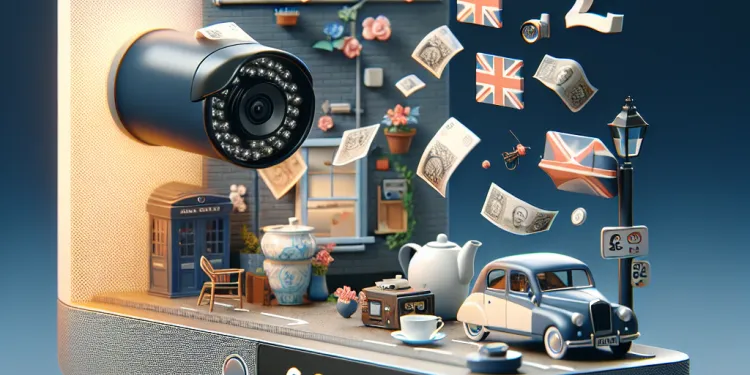
Can I install my own camera to monitor the area in question?
Relevance: 49%
-

How secure is the Ring Doorbell Camera system?
Relevance: 48%
-

Is it advisable to discuss camera placement before it becomes an issue?
Relevance: 45%
-

What laws apply to the use of security cameras in the UK?
Relevance: 41%
-
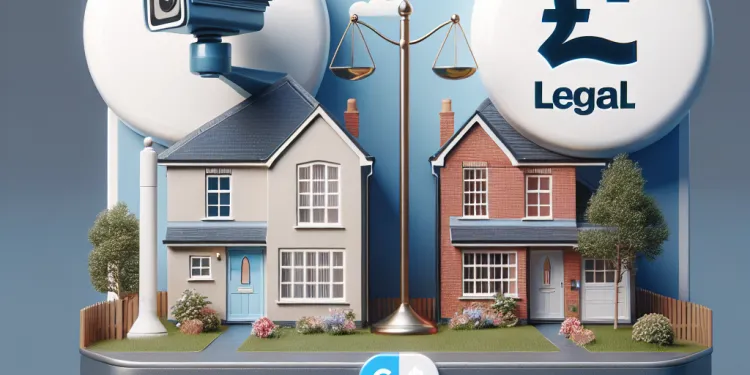
Can the police access my neighbour’s CCTV footage without consent?
Relevance: 41%
-
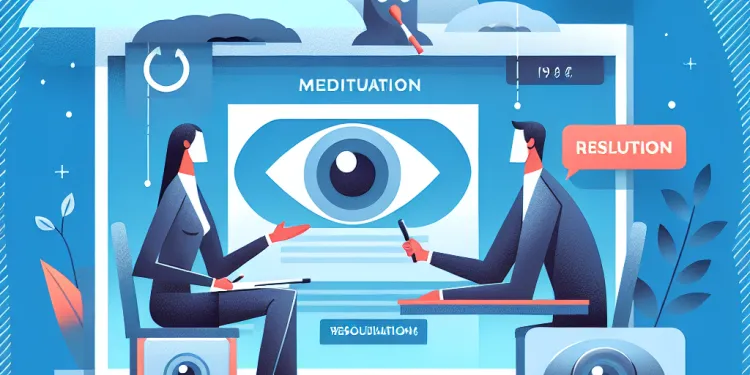
Are there any mediation services for resolving disputes over security cameras?
Relevance: 40%
-
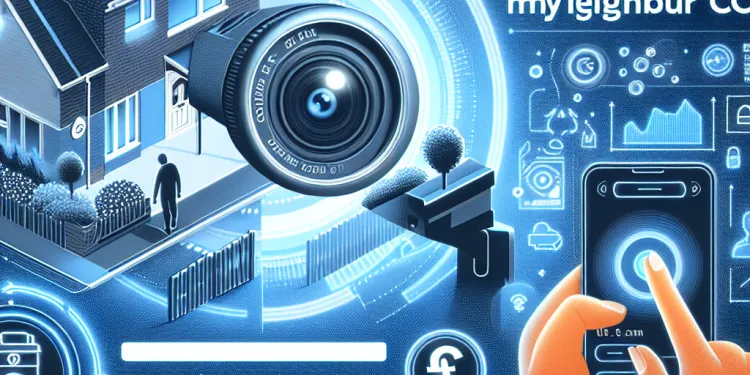
Can I request footage of myself from my neighbour's CCTV?
Relevance: 38%
-

What is my neighbour required to do under GDPR?
Relevance: 36%
-
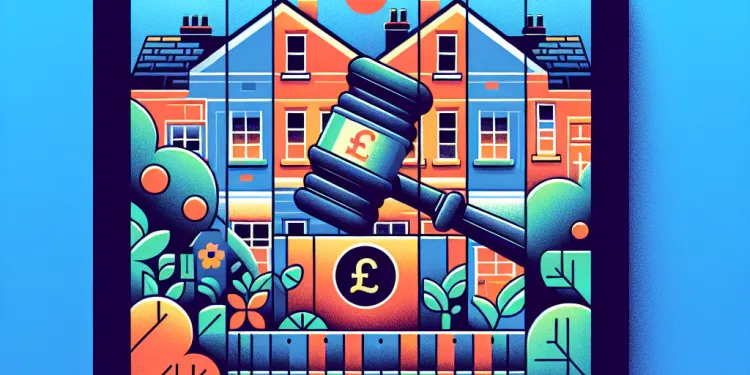
Does the ICO have the power to take action against my neighbour?
Relevance: 36%
-

How important is a property survey in preventing boundary disputes?
Relevance: 36%
-
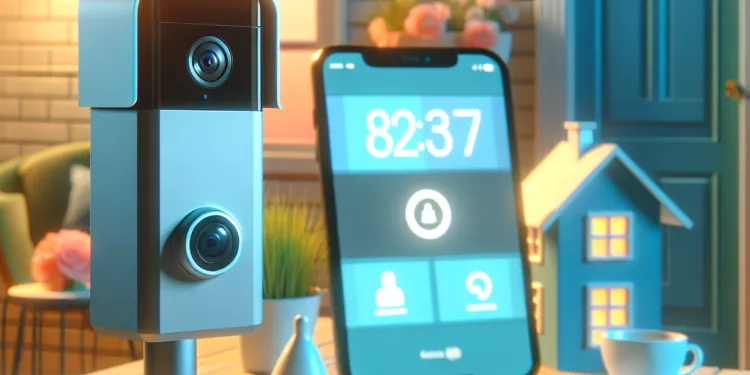
What happens if my Ring Doorbell Camera is stolen?
Relevance: 36%
-
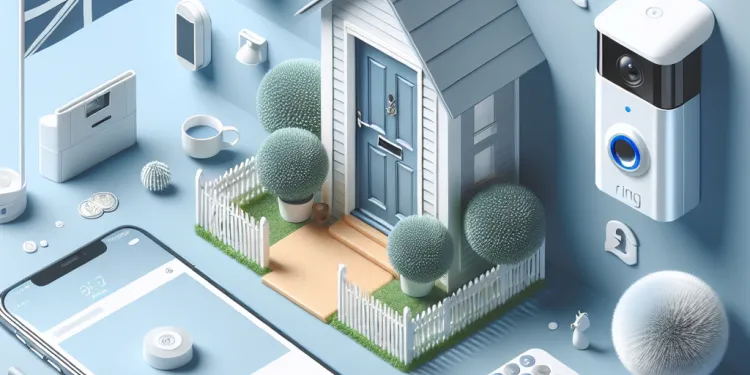
How do Ring Doorbell Cameras work?
Relevance: 34%
-
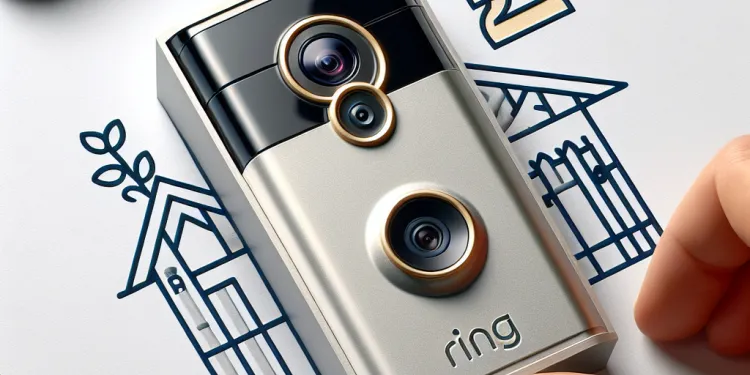
What is a Ring Doorbell Camera?
Relevance: 33%
-

Can technology help in blocking the camera's view?
Relevance: 33%
-
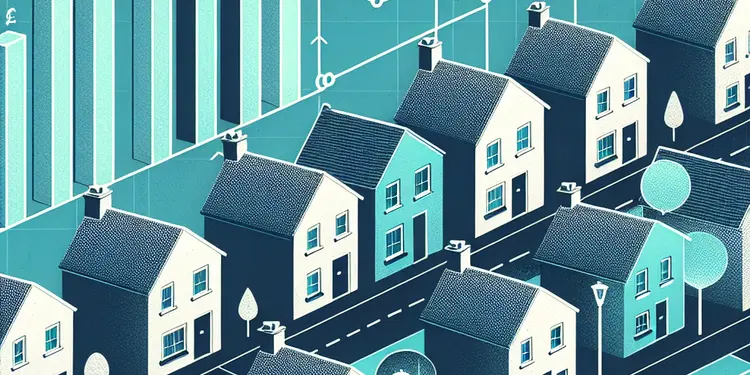
Can boundary disputes affect property values?
Relevance: 32%
-
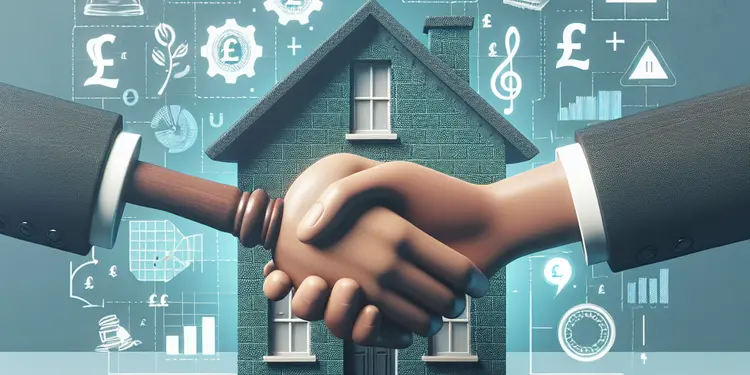
Why might someone need a property litigator?
Relevance: 32%
-
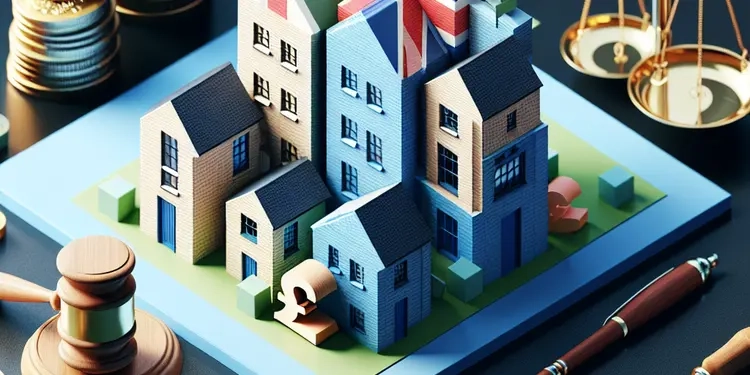
What is property litigation?
Relevance: 32%
-
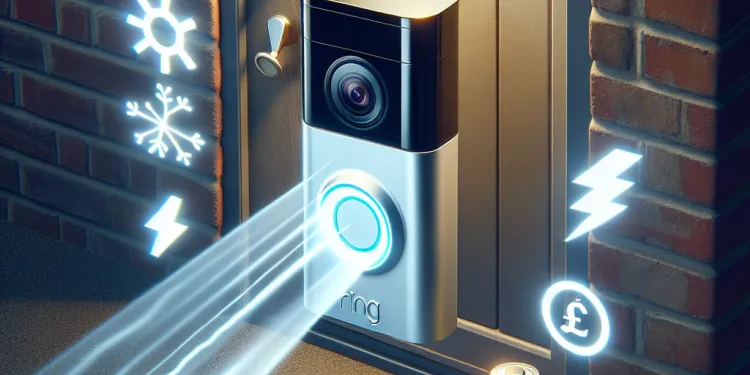
How does a battery-powered Ring Doorbell Camera work?
Relevance: 31%
Understanding the Legality of Security Cameras in the UK
The question of whether it is legal for your neighbor to have a security camera facing your property is a common concern. In the UK, the use of CCTV cameras is governed by a number of laws and guidelines aimed at protecting privacy while allowing people to secure their properties.
Legal Framework for CCTV Usage
The primary legislation covering the use of CCTV cameras in the UK is the Data Protection Act 2018, which incorporates the General Data Protection Regulation (GDPR). In general, if a neighbor is using CCTV on their property and it captures images beyond their boundaries, such as your home or garden, the footage is subject to data protection laws.
Guidelines for Domestic CCTV
The Information Commissioner's Office (ICO) provides guidelines for individuals using CCTV for domestic purposes. If the CCTV system is only capturing images within the boundary of the neighbor's property, it is typically not considered a data protection issue. However, when the camera captures footage beyond their property line, including your property, it becomes subject to GDPR regulations.
Your Rights as a Neighbor
If you are concerned that your neighbor's security camera is invading your privacy by filming your property, you can take several steps. Initially, it's a good idea to speak to your neighbor directly to express your concerns and see if a resolution can be reached. They may not be aware of the intrusion and might adjust the camera's angle.
If the issue persists, you are entitled to contact the ICO to file a complaint. The ICO can investigate whether the data protection laws are being adhered to and ensure corrective measures are implemented if necessary.
Reasonable Use of CCTV
It is generally accepted that security cameras should be used responsibly and proportionally. This means that the use of CCTV should be justifiable, and any data captured should not be excessive. Cameras should be positioned in such a way that they minimize intrusion into the privacy of others.
Conclusion
In summary, your neighbor legally can have a security camera facing your property under certain conditions, provided they comply with data protection laws and respect privacy rights. The appropriate course of action is to address concerns amicably and, if needed, seek guidance from the ICO. Understanding your rights and the laws pertaining to CCTV usage can help ensure that both security and privacy are maintained in the neighborhood.
Understanding Security Cameras in the UK
Lots of people wonder if their neighbor can have a security camera pointing at their house. In the UK, there are rules to protect your privacy but also let people use cameras to keep their homes safe.
Rules for Using Security Cameras
In the UK, the main rule for security cameras is called the Data Protection Act 2018. If your neighbor's camera is filming your house or garden, the video must follow these rules.
Guidelines for Home Cameras
The Information Commissioner's Office (ICO) gives advice on using home cameras. If the camera only films inside the neighbor's yard, there usually isn't a problem. But if it records your yard or house, it must follow special rules.
Your Rights as a Neighbor
If you think your neighbor’s camera is filming your house and you don’t like it, you can do something about it. First, talk to your neighbor. They might not know there’s a problem and could move the camera. If talking doesn’t help, you can tell the ICO. They can check if the rules are being followed and help fix things if needed.
Using Cameras Fairly
Cameras should be used in a fair way. This means only using them when really needed and not filming too much. Cameras should be pointed so they don’t film places they shouldn’t.
Conclusion
Your neighbor can have a camera pointing at your property if they follow the rules and respect privacy. It's best to talk first and, if needed, ask the ICO for help. Knowing the rules about cameras can help keep both safety and privacy in your neighborhood.
Frequently Asked Questions
Is it legal for my neighbor to have a security camera facing my property?
The legality of a neighbor's security camera facing your property depends on local privacy laws and whether the camera captures only public spaces or also private areas without consent.
What should I do if I feel uncomfortable with a camera pointing at my property?
You can talk to your neighbor and express your concerns. If necessary, check local laws and consider legal advice.
Are there laws that protect my privacy from surveillance by neighbors?
Yes, many regions have privacy laws that protect individuals from unwanted surveillance, especially in private spaces.
Can my neighbor record audio with their security camera?
Recording audio is often subject to stricter laws than video recordings, and your neighbor may need consent to record audio.
Is there a difference between recording public and private areas?
Yes, areas that are open to the public have less expectation of privacy, whereas private areas like inside a home have a higher expectation.
Can I block my neighbor's camera with trees or other obstacles?
You can use foliage or other methods on your property to obstruct the view, as long as it complies with local ordinances.
Can I legally ask my neighbor to remove or reposition their camera?
You can request it, but whether they must comply depends on legality and any local laws about privacy and surveillance.
What are the legal consequences for a neighbor with a camera invading my privacy?
They may face legal action if their camera breaches privacy laws, resulting in possible fines or mandated removal of the camera.
Can I sue my neighbor for invasion of privacy due to their security camera?
If your privacy rights are violated, you might have grounds for legal action, but consulting with a lawyer is advised.
Are there any exceptions that allow neighbors to point cameras at my property?
Exceptions might exist if there's a justifiable reason to believe illegal activities are occurring, but this should be verified legally.
Do I have the right to know what my neighbor records?
Depending on local laws, you may have the right to inquire about what the camera records, especially if it includes your private property.
Can my neighbor's security footage be used in legal proceedings against me?
Footage obtained legally can be admissible in court, depending on the jurisdiction and how the footage was obtained.
Can I put up my own security camera in response to my neighbor's?
Yes, you can install your own cameras as long as they comply with legal regulations on surveillance and privacy.
What are some non-confrontational ways to address this issue?
Communicate directly with your neighbor or use mediation services to address privacy concerns amicably.
What if my neighbor refuses to reposition the camera?
If the camera unlawfully invades your privacy, you may need to contact local authorities or seek legal advice.
Are there specific angles or areas where camera use is restricted?
It depends on local statutes, but generally, areas with an expectation of privacy like homes are protected.
How can I find out if the camera is legally allowed there?
Consult local laws, community guidelines, or legal professionals to understand the legal standing.
Will talking to my homeowners' association help?
If you live in a community with a homeowners' association, they may have rules regarding surveillance that can aid your situation.
How does the law differentiate between surveillance for security and spying?
The key factor is intent and whether surveillance steps over into areas with a reasonable expectation of privacy.
What role do local authorities play in resolving surveillance disputes?
Local authorities can help interpret laws, mediate disputes, and enforce privacy regulations if needed.
Can my neighbor have a camera that looks at my house?
To know if your neighbor's security camera can point at your home, you need to check local rules. It matters if the camera sees only public places or if it also sees private areas without asking for permission.
What can I do if a camera is looking at my home and it makes me feel upset?
You can talk to your neighbor and tell them what is bothering you. If you need more help, check the rules in your area or ask a lawyer.
Do laws stop neighbors from spying on me?
Yes, many places have rules to keep people safe from being watched when they don't want to be. These rules help a lot, especially in private places like homes.
Can my neighbor's security camera hear sounds?
Your neighbor's security camera might be able to record sounds. You can ask them about it.
If you have questions, you can talk to a trusted adult or find more information on the internet.
It can be tricky when someone wants to record sound. The rules for recording sound are usually stricter than for video. Your neighbor might need your permission to record sound.
Is it different to film in public places and private places?
When you film somewhere, it can be different if it is a public place, like a park, or a private place, like someone's home.
If you are not sure if you can film, you can:
- Ask someone in charge if it is okay.
- Look for signs that say if filming is allowed.
- Use apps or websites that tell you about filming rules.
Yes, when you are in places where anyone can go, you have less privacy. But when you are inside a home, you can expect more privacy.
Can I stop my neighbor’s camera with trees or other things?
If your neighbor's camera is looking at your home, you might want to block it. You can use trees or other things to stop the camera from seeing you.
Here are some ideas:
- Plant tall trees or bushes.
- Put up a tall fence.
- Use big umbrellas or screens.
Before you do this, it might be good to talk to your neighbor. You can explain why you want to block the camera.
If you need help to understand or explain, you can ask a friend or family member.
You can use trees, bushes, or other things to block what people see on your property. Just make sure you follow local rules.
Can I ask my neighbor to move their camera?
Is it okay to ask my neighbor to take down or move their camera?
You can ask for it. But they only have to do it if the law says so. It depends on the rules about keeping things private and watching people.
What can happen if my neighbor spies on me with a camera?
If your neighbor uses a camera to watch you without asking, they might get in trouble with the law.
You can talk to a grown-up you trust, like a parent or teacher.
You might also want to tell the police or a lawyer.
Using pictures or asking someone to help you understand can make this easier.
You could get in trouble if your camera breaks privacy rules. You might have to pay a fine or take down the camera.
Can I take my neighbor to court because their security camera is looking into my home?
If someone breaks the rules about your personal information, you might be able to go to court for help. It's a good idea to talk to a lawyer to know what to do.
Can neighbors point cameras at my home sometimes?
Sometimes, if there is a good reason to think something illegal is happening, we might do something about it. But first, we need to check with the law.
Can I find out what my neighbor is recording?
You might be able to ask about what the camera is recording. This is important if it shows your home or yard. It depends on the rules where you live.
Can videos from my neighbor's security camera be used in court against me?
Videos that are taken in the right way can be used in court. It depends on the place and how the video was taken.
Can I put up my own security camera because my neighbor has one?
If your neighbor has a camera, you might want one too. Check the rules first. You might need to ask people for permission.
Here are some tips:
- Talk to your neighbor about it.
- Make sure your camera only sees your property.
- Ask someone for help if you don't understand.
Yes, you can put up your own cameras. But you must follow the law about watching people and keeping their privacy safe.
How can I talk about this problem without fighting?
Talk directly to your neighbor. If that doesn't work, you can ask for help from a service that helps people solve problems in a friendly way.
What if my neighbor won't move the camera?
If your neighbor's camera is pointing at your home and they won't move it, here are some steps you can try:
- Talk to your neighbor nicely and explain why it worries you.
- Ask if they can change where the camera is pointing.
- If you need help, ask a family member or friend to come with you.
- If talking doesn't work, you can ask someone called a mediator to help. A mediator is a person who helps people solve problems.
Remember, staying calm and friendly is important.
If a camera is looking at you and it shouldn't be, you can tell the police or talk to a lawyer for help.
Are there places where you can't use a camera?
Sometimes, you cannot use a camera in certain places. This might be because of safety or privacy.
You can make sure by:
- Looking for signs that say "No Cameras".
- Asking a person who works there.
Tools like picture cards or apps can help you understand signs better.
It depends on the local rules, but usually, places like homes where you expect privacy are safe.
Can the camera be there legally?
Ask for help from lawyers or check local laws and community rules to understand what is legal.
Can talking to my homeowners' group help?
If you have a problem with your home or neighborhood, you can talk to your homeowners' group. They might help fix things.
Here are some tips to help you:
- Write down your problem so you remember what to say.
- Speak clearly and calmly to the group.
- Ask someone to go with you if you feel nervous. They can help you feel better.
- Use pictures or drawings to show what's wrong.
If you live in a place with a group that looks after homes, they might have rules about using cameras. These rules can help you.
What is the difference between watching for safety and spying?
The law has rules to tell the difference between watching to keep us safe and spying. Watching for safety means looking out for danger to protect people. Spying is secretly watching to get information.
Here are some tools or tips to help understand:
- Use simple words to talk about laws.
- Ask an adult if you need help.
- Use pictures to explain ideas.
The main point is about what people mean to do. It also asks if watching someone goes too far into private spaces where you should feel safe.
How do local councils help fix problems with watching people?
Local councils can help explain rules, solve problems, and make sure privacy rules are followed if needed.
Useful Links
This website offers general information and is not a substitute for professional advice.
Always seek guidance from qualified professionals.
If you have any medical concerns or need urgent help, contact a healthcare professional or emergency services immediately.
Some of this content was generated with AI assistance. We’ve done our best to keep it accurate, helpful, and human-friendly.
- Ergsy carfully checks the information in the videos we provide here.
- Videos shown by Youtube after a video has completed, have NOT been reviewed by ERGSY.
- To view, click the arrow in centre of video.
- Most of the videos you find here will have subtitles and/or closed captions available.
- You may need to turn these on, and choose your preferred language.
- Go to the video you'd like to watch.
- If closed captions (CC) are available, settings will be visible on the bottom right of the video player.
- To turn on Captions, click settings .
- To turn off Captions, click settings again.
More Items From Ergsy search
-

Can my neighbour legally point a security camera at my property?
Relevance: 100%
-

Is it legal for my neighbor to have a security camera facing my property?
Relevance: 100%
-

Is it legal for me to block the view of my neighbour's security camera?
Relevance: 94%
-

What if my neighbor claims the camera is for security but it points towards my property?
Relevance: 88%
-

How can I stop my neighbour's security camera pointing at my property?
Relevance: 88%
-

Can I ask my neighbour to reposition their security camera?
Relevance: 84%
-

What should I do first if my neighbor's security camera is pointed at my property?
Relevance: 84%
-

What can I do about my neighbour's security camera?
Relevance: 84%
-

What can I do about my neighbour's security camera?
Relevance: 83%
-

Do neighbours need to inform me if their cameras record my property?
Relevance: 79%
-

What steps can I take if my neighbour refuses to reposition their security camera?
Relevance: 75%
-

Can I ask for legal help to get my neighbor’s camera moved?
Relevance: 74%
-

Can my neighbour use footage from their security camera as evidence in disputes?
Relevance: 71%
-

How can I tell if a security camera is pointing at my property?
Relevance: 70%
-

Are there privacy laws that protect me from neighbor's cameras?
Relevance: 68%
-

Can I block the view of my neighbor's camera with physical barriers?
Relevance: 66%
-

Should I contact the authorities if my neighbor refuses to adjust their camera?
Relevance: 63%
-

Is redirecting a security camera a solution?
Relevance: 59%
-

How can I disable my neighbour's security camera?
Relevance: 59%
-

Is my concern valid if the camera is only monitoring my driveway?
Relevance: 57%
-

What should I do if I feel my privacy is being invaded by my neighbour's CCTV?
Relevance: 52%
-

What happens if a neighbor builds a fence on my property?
Relevance: 51%
-

Can I install my own camera to monitor the area in question?
Relevance: 49%
-

How secure is the Ring Doorbell Camera system?
Relevance: 48%
-

Is it advisable to discuss camera placement before it becomes an issue?
Relevance: 45%
-

What laws apply to the use of security cameras in the UK?
Relevance: 41%
-

Can the police access my neighbour’s CCTV footage without consent?
Relevance: 41%
-

Are there any mediation services for resolving disputes over security cameras?
Relevance: 40%
-

Can I request footage of myself from my neighbour's CCTV?
Relevance: 38%
-

What is my neighbour required to do under GDPR?
Relevance: 36%
-

Does the ICO have the power to take action against my neighbour?
Relevance: 36%
-

How important is a property survey in preventing boundary disputes?
Relevance: 36%
-

What happens if my Ring Doorbell Camera is stolen?
Relevance: 36%
-

How do Ring Doorbell Cameras work?
Relevance: 34%
-

What is a Ring Doorbell Camera?
Relevance: 33%
-

Can technology help in blocking the camera's view?
Relevance: 33%
-

Can boundary disputes affect property values?
Relevance: 32%
-

Why might someone need a property litigator?
Relevance: 32%
-

What is property litigation?
Relevance: 32%
-

How does a battery-powered Ring Doorbell Camera work?
Relevance: 31%


